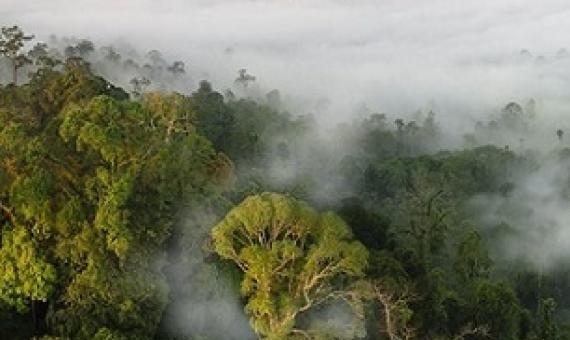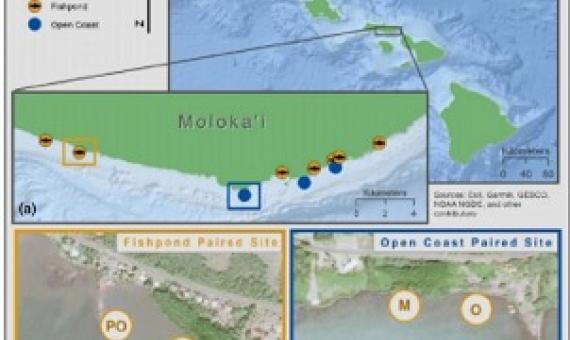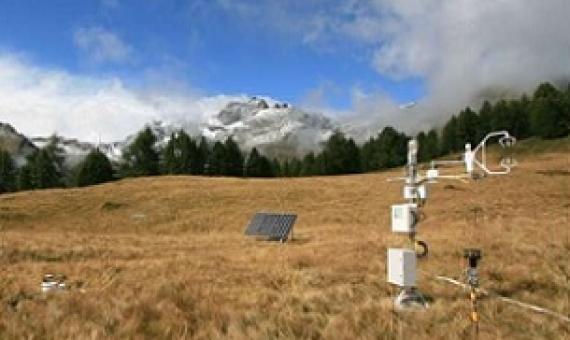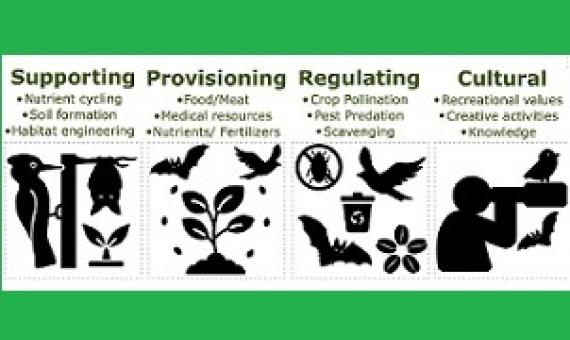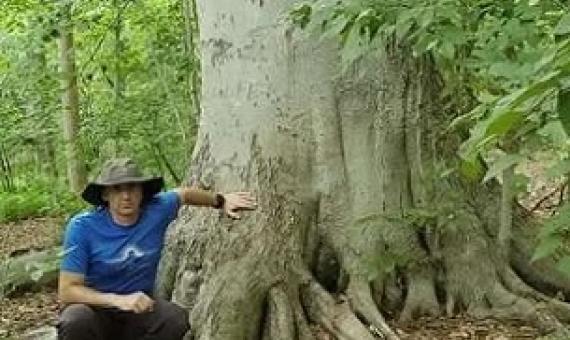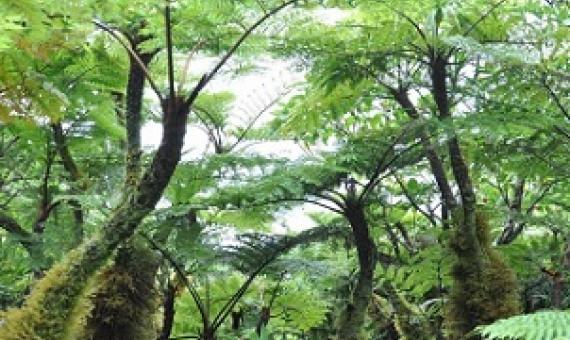Researchers found there is no need for policymakers to choose between protecting nature's benefits to people or protecting animal species.
Role of Insurance in Protecting Marine Coastal Ecosystems in Asia and the Pacific
Marine coastal ecosystems (MCEs) provide a myriad of services on which governments, businesses, and society depend. MCEs include coral reefs, mangroves, seagrass, oyster beds and reefs, salt marshes, and sandy beaches and dunes. As of 2020, it was estimated that more than half of the world’s total gross domestic product (GDP)—around $44 trillion—depends on nature and its services (WEF 2020). The ocean economy contributes an estimated 3%–5% of global GDP (Spalding, Brumbaugh, and Landis; Millennium Ecosystem Assessment Program 2005; Ferrario et al.
Gains in biodiversity conservation and ecosystem services from the expansion of the planet’s protected areas
Protected areas safeguard biodiversity, ensure ecosystem functioning, and deliver ecosystem services to communities. However, only ~16% of the world’s land area is under some form of protection, prompting international calls to protect at least 30% by 2030. We modeled the outcomes of achieving this 30 × 30 target for terrestrial biodiversity conservation, climate change mitigation, and nutrient regulation.
Sustainable Forest Management Policy
The draft 2018 Palau Sustainable Forest Management (SFM) Policy has the Vision of: Palau enriched by healthy
forests that sustain our culture and livelihoods, expand our economy and strengthen the resilience of our island ecosystems and communities.
In a new paper published in the Journal of Applied Ecology, environmental science and management professor Elise Granek and lead author Casey Lewis, PSU alumna, report the findings of a census of zooplankton communities in non-native mangrove habitats and open coastline on the islan
Ecosystems on Earth's land surface support multiple functions and services that are critical for society...Climate and environmental changes, as well as anthropogenic impacts, are continuously threatening the provision of these functions.
Global decline in capacity of coral reefs to provide ecosystem services
Coral reefs worldwide are facing impacts from climate change, overfishing, habitat destruction, and pollution. The cumulative effect of these impacts on global capacity of coral reefs to provide ecosystem services is unknown. Here, we evaluate global changes in extent of coral reef habitat, coral reef fishery catches and effort, Indigenous consumption of coral reef fishes, and coral-reef-associated biodiversity. Global coverage of living coral has declined by half since the 1950s.
While transdisciplinary research seems to become increasingly important in sciences, funding programs and media, there are still many misunderstandings to be clarified.
If you're a tree, country life is much easier than city living. Rural trees—which can live long, productive lives of sometimes more than 100 years—draw on vast resources of an extensive forest network of nearby trees.
Habitats under different levels of protection host marked / contrasted different communities of plants, birds and fish, despite having similar numbers of species, according to a study publishing 19th May, 2021 in the open-access journal PLOS Biology.

